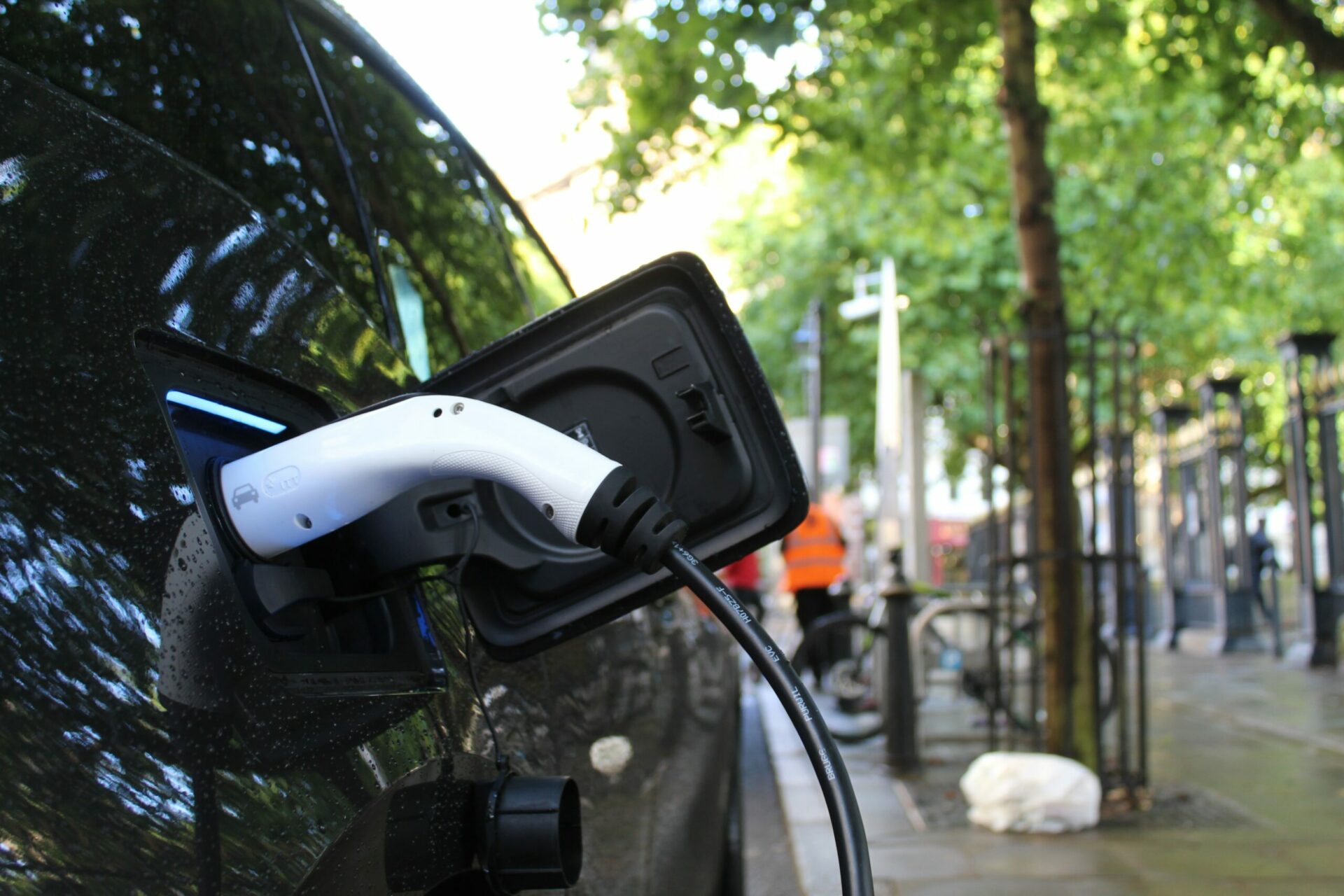The news:
- Kenya has released and launched a draft of its National E-mobility Policy that’s expected to encourage local production and assembly of electric vehicles (EVs).
- The policy, when approved, will institute zero-emission vehicle (ZEV) sales targets and investment criteria for domestic car manufacturers and assemblers to be eligible for government incentives.
- Additionally, the e-mobility policy aims to develop and review a legal and regulatory framework to facilitate EV adoption.
The policy will set the requirements for using locally sourced raw materials in EVs, which will be implemented gradually, as part of efforts to support local manufacturing and assembly of EVs.
The final draft will support local battery manufacturing, recycling, and repurposing initiatives while encouraging the production of EV components like charging systems.
Reports indicate that this policy comes at a time when the East African nation is still grappling with the required expertise and factories to manufacture EVs from scratch within the country.
One of the seven objectives of the policy is to develop an e-mobility curriculum that would be integrated into the relevant tertiary institution programmes to overcome the shortage of technical skills.
In addition, the government will prioritise research and development initiatives related to electric vehicles, battery technology, and charging infrastructures while mandating manufacturers to attach user training and manuals to their products.
At the launch of the draft policy on March 27, 2024, Kipchumba Murkomen, Kenya’s Cabinet Secretary of the Ministry of Roads and Transport, stated that besides creating employment, the shift to EVs will significantly reduce emissions of greenhouse gases and cut the petroleum import bill, which he noted currently stood at KSh 628.4 billion ($4.8 billion).
The Kenyan government has begun issuing green number plates to promote and accelerate the adoption of electric vehicles.
According to Murkomen, the goal is to “raise public awareness of EVs and encourage more people to consider switching to e-mobility.”
The policy, launched by the Ministry of Roads and Transport in collaboration with the Ministry of Trade and Investment, is expected to benefit from the expertise of the private sector, international investors, and academic institutions in developing a viable and sustainable EV infrastructure.
Kenya is home to major African e-mobility players like EV manufacturers BasiGo, the CFAO Group-backed electric bus company providing Nairobi residents with commuter vehicles (popularly known as matatu), and Roam, which is introducing electric buses for Nairobi’s bus rapid transit (BRT) system, as well as offering electric motorbikes nationwide.











